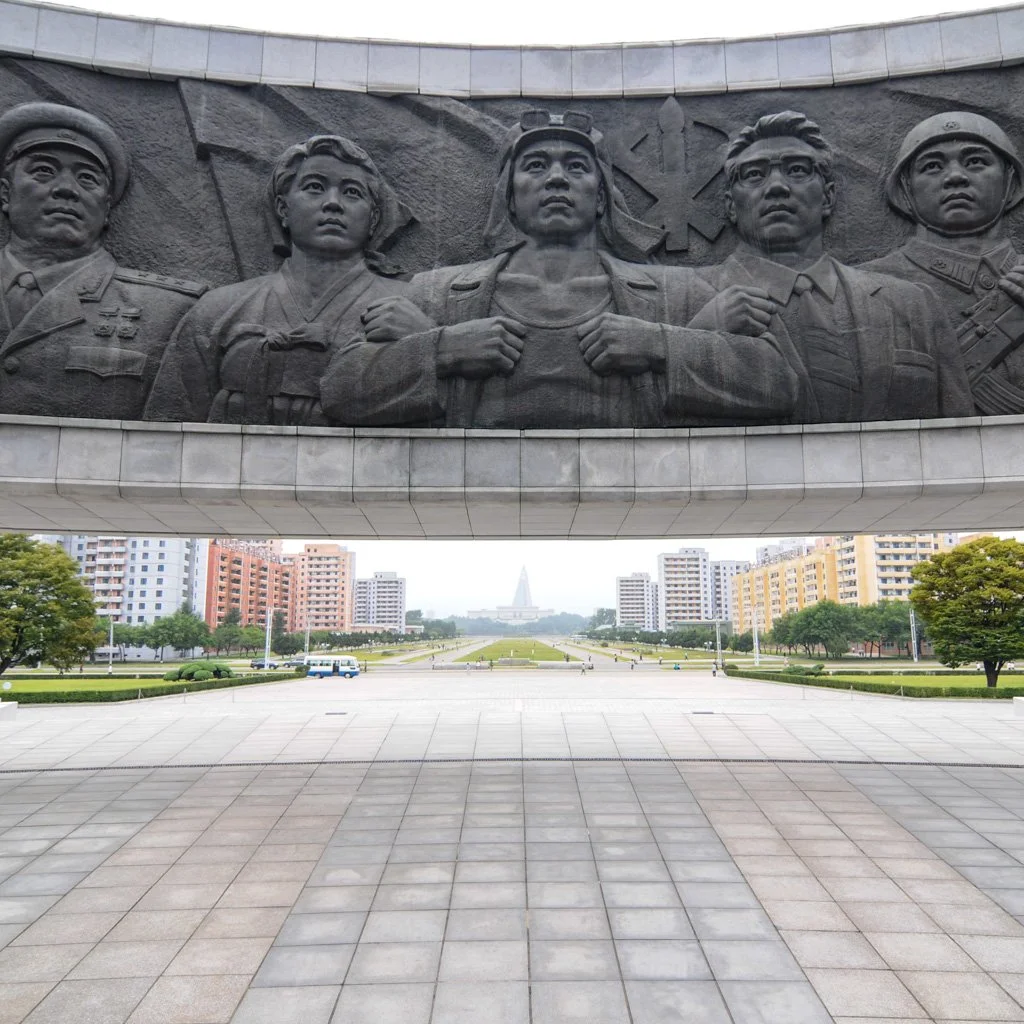So another famous American has gone to Pyongyang and the world scrambles to figure out if it means anything. It seems to mean a handful of things:
- Vice are crafty, crafty fellows. After producing perhaps the worst and most widely watched 'documentary' about North Korea, they found a way to get back into the DPRK. And that way was by taking a famous basketball player. (My opinions on this travel guide and the bellowing, sweaty drunk who put it together can be found in this essay. Incidentally, a much more interesting Vice effort can be found here, covering the DPRK's export of labor to Eastern Russia)
-Pyongyang can make a big deal about it in the media. Rodong Shinmun, in some ambiguous writing, can mention all the foreign guests present and then how "Long Live!" echoed through the area for Kim Jong Un.
- It fits in with what we keep hearing: that sports have become a national priority. The State Physical Culture and Sports Guidance Commission is headed by Kim Jong Un's uncle, after all. This appears to be a feather in their cap. Having Rodman is no small thing: he is truly a basketball legend, more responsible than Jordan or Pippen for the destruction of the Seattle Sonics in the 1996 NBA finals.
- Kim Jong Un really does love basketball.
- This event also fits in with the friendly, accessible brand he's been crafting as well. He "warmly suggested Rodman sit next to him". In the pictures, he projects the impression that he is eminently relaxed and engaging.
- There is perhaps a message to the US, as the Rodong Shinmun article was full of soft phrases hoping that the two countries could continue sport exchanges such as this one and how enjoyable friendship could be between Koreans and Americans. Unfortunately, most of these were Dennis Rodman quotes, somewhat but not totally dampening the effect of the article: had it been a high-level Korean making such comments, one could construe it as a form of outreach to the United States. Being from an important US citizen, it seems more like a message to the Korean readership. That message might be something like: Korea has demonstrated it has successful space-conquering technology and a nuclear arsenal and now Americans come hoping for friendship and good relations.
Ping Pong diplomacy this ain't, though it was a surprise that Vice pulled off something at such a high level.







